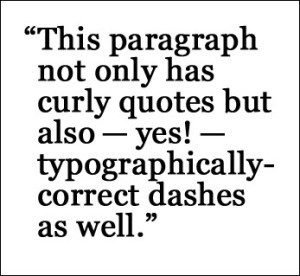Writing A Book Proposal Is Like Writing An Rx
 One of the most important things to learn about publishing is how to properly submit materials to editors.
One of the most important things to learn about publishing is how to properly submit materials to editors.
Sure, some editors are pretty informal and will look at whatever is sent. But, the vast majority of editors are incredibly busy, and they won't bother looking at anything that isn't at least close to being properly submitted.
For a non-fiction book proposal, editors expect to see a book proposal. For a work of fiction, they want to see the entire manuscript. Why? It's pretty simple. A non-fiction book proposal explains the book concept, the author's credentials and lots of other important information in a "snapshot". Usually in non-fiction the author's credentials as an expert are important.
In a novel, the ability to tell the story from start to finish is crucial. Thus, editors just want to read the story—all the way through.
Non-fiction book proposals are very formulaic—a lot like prescriptions. Imagine if you wrote out an Rx for the pharmacist that said, "Hey, give this nice lady something strong for her high blood pressure." What do you think would happen? Well, trying to get a non-fiction book published without writing a proposal is a lot like that. It's just not going to work very well.
I write this (and all of my future blogs) with the caveat that no matter what I say, there are writers out there who will prove me wrong. That's because there are ways to do things that aren't very conventional. But, usually it's eaiser to go the conventional way and just get the nice lady the Rx you want her to have and get book editors to take your proposal seriously!
 Email This Article |
Email This Article |  Dec 9, 11:59 AM
Dec 9, 11:59 AM 





Reader Comments (4)
I'm intrigued. Julie, any ideas around getting a book proposal noticed and to the top of the pile? A certain way to ship?
Dr. Jean, editors have what they call a "slush pile" that consists of snail mail proposals that come unsolicited (usually not from literary agents). It is really hard to get editors to address their slush pile when they have many other proposals that have been vetted by literary agents. A few things to try:
1. Send a query electronically--just a couple of paragraphs by email--to see if an editor will respond. If so, ask if he/she would like to see the whole proposal and how best to send it (electronically or snail mail).
2. Consider working with a literary agent.
3. Consider going to a course. The agents and editors I work with usually tell course attendees to write on the outside of the envelope something like, "Requested Materials: Attended Harvard Publishing Course." This lets the editor/agent know that the attendee came to a course where the editor/agent was a faculty member. It's a connection. It's an even stronger connection if you actually talked to the editor or agent at the course. You can also do this by email and put the info they suggest in the subject line.
I hope this helps! If others have suggestions, please comment.
Why bother? Just publish it yourself using one of the many ouline sources.
Thoughts and experiences with online publishing?
I'll write more about online publishing in future blogs. But, one thing to remember is that there are many different audiences and ways of reaching those audiences. So online is great, but it's not the only way to publish. It's certainly the fastest and easiest, but with so many people writing online, it can be difficult for people to find great advice. Which is why they still turn to books.